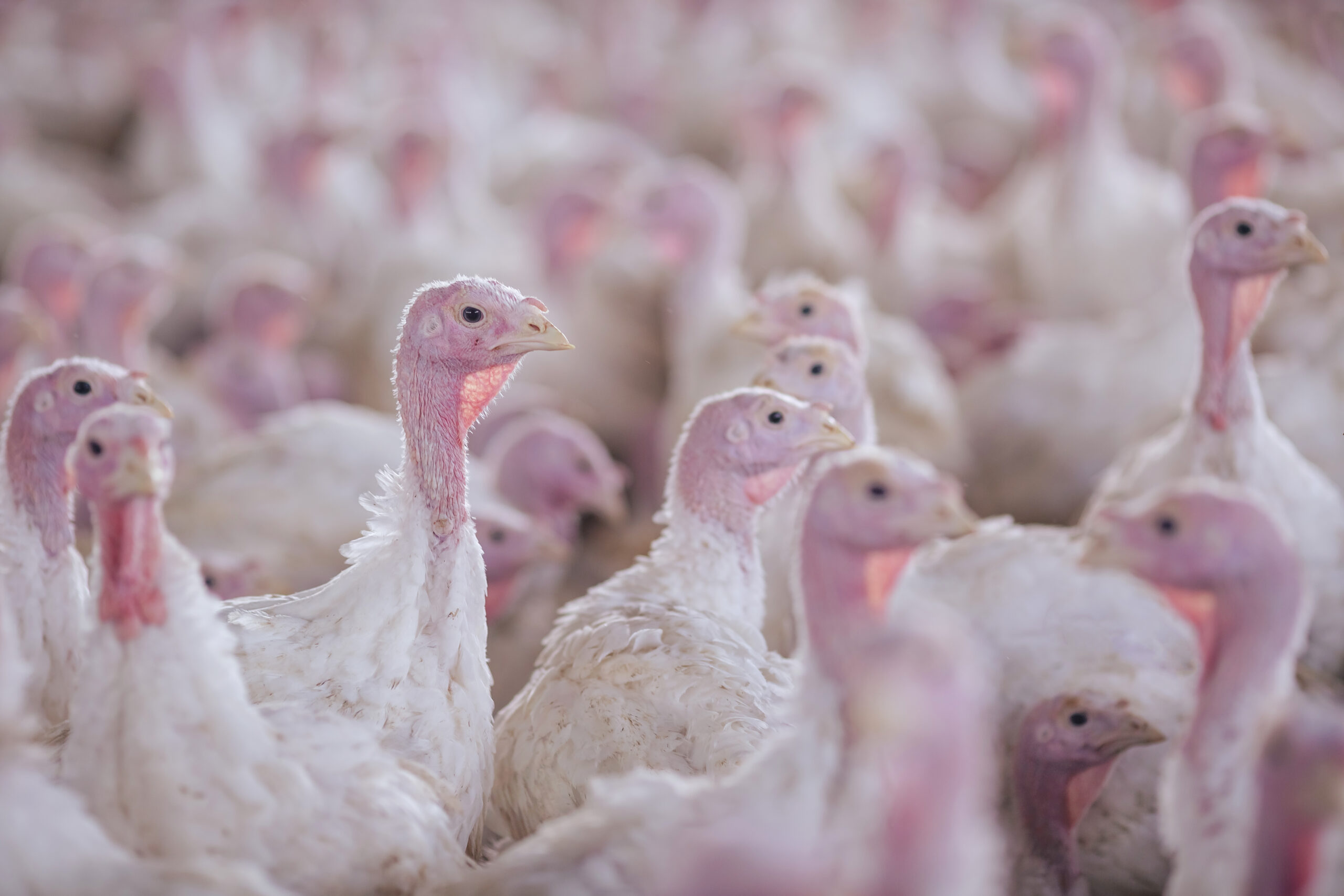
Articles / Films
The use of probiotic bacteria to stimulate gut health in turkeys

The use of probiotics in poultry farming has shown significant benefits in enhancing gut health, improving production outcomes, and reducing reliance on antibiotics. Probiotic strains, including Bacillus amyloliquefaciens, Enterococcus faecium, and Lactobacillus spp., support intestinal health through competitive exclusion of pathogens, production of bacteriocins, and stimulation of the gut-associated lymphoid tissue (GALT). These mechanisms protect the gut from infections, reduce inflammation, and improve nutrient absorption.
Probiotics also promote the growth and development of intestinal structures, such as villi, which enhance nutrient absorption and overall digestive efficiency. Studies show that birds supplemented with probiotics exhibit increased villi length, reduced crypt depth, and better intestinal morphology. These improvements translate to higher body weights, better feed conversion ratios, and reduced mortality rates compared to control groups.
Additionally, probiotics produce enzymes that aid in nutrient digestion, such as lipase and proteases, particularly during the critical early brooding period. Their ability to synthesize organic acids helps regulate intestinal pH, further inhibiting pathogenic bacteria.
Field tests, including experimental groups of turkeys receiving probiotic supplements, demonstrated significant benefits in body weight, gut health, and production parameters. By fostering a healthy intestinal environment, probiotics enable flocks to reach their genetic potential while reducing the use of antibiotics, aligning with sustainable and welfare-focused poultry farming practices.